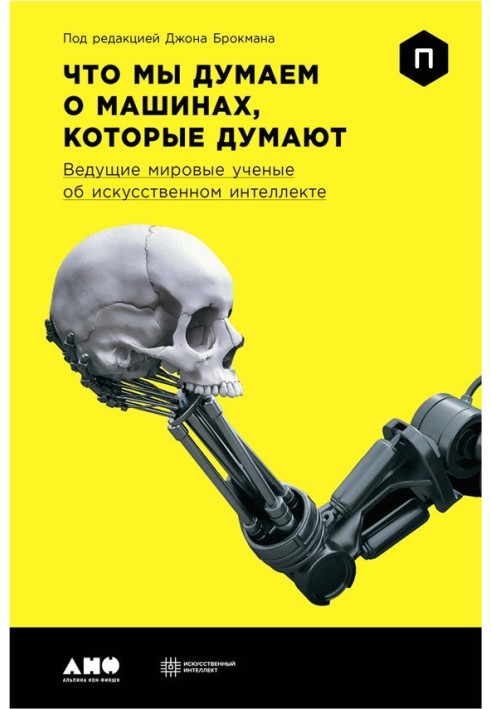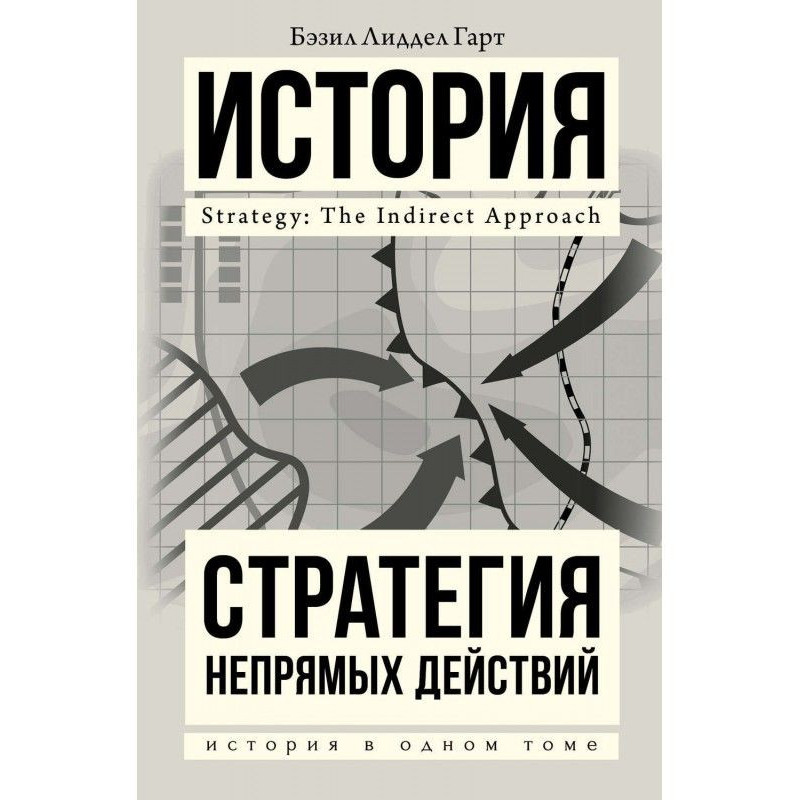What do we think about machines that think? The world's leading scientists on artificial intelligence
 Instant download
Instant download
after payment (24/7)
 Wide range of formats
Wide range of formats
(for all gadgets)
 Full book
Full book
(including for Apple and Android)
“What do you think about machines that think?” This question - and other questions arising from it - is answered by scientists and popularizers of science, engineers and philosophers, science fiction writers and other people of art - almost two hundred intellectuals. Many of them are well known to the Russian reader: Steven Pinker, Lawrence Krauss, Frank Wilczek, Robert Sapolsky, Martin Rees, Sean Carroll, Nick Bostrom, Martin Seligman, Michael Shermer, Daniel Dennett, Mario Livio, Daniel Everett, John Markoff, Eric Topol, Seth Lloyd, Freeman Dyson, Carlo Rovelli... Their views on the subject are sometimes radically different, some consider artificial intelligence to be good, some - evil, some - our inevitable future, some - nonsense, and some - already existing reality. Such a variety of opinions will help the reader to form a holistic and comprehensive picture of the problem.
Data sheet
- Name of the Author
- Collective of authors
Джон Брокман - Language
- Ukrainian
- Release date
- 2017
- Translator
- Максим Исаков
Reviews
Вражаюче дослідження штучного інтелекту
Ця книга є справжнім скарбом для всіх, хто цікавиться темою штучного інтелекту та його впливом на наше життя. Зібравши думки майже двохсот видатних інтелектуалів, автор надає читачеві можливість побачити різні перспективи на цю складну і актуальну тему. Від філософських роздумів до практичних зауважень, книга охоплює широкий спектр поглядів, що дозволяє сформувати цілісне уявлення про те, що таке штучний інтелект і як він може змінити наше майбутнє. Я особливо вражений тим, як автор зміг зібрати думки таких різних людей, від вчених до письменників-фантастів, що робить книгу не лише інформативною, а й надзвичайно цікавою. Незважаючи на деякі недоліки перекладу, які, безсумнівно, можуть бути покращені, загальна якість тексту залишається високою. Рекомендую цю книгу всім, хто хоче глибше зрозуміти, що ми думаємо про машини, які думають, і як це вплине на наше суспільство


























